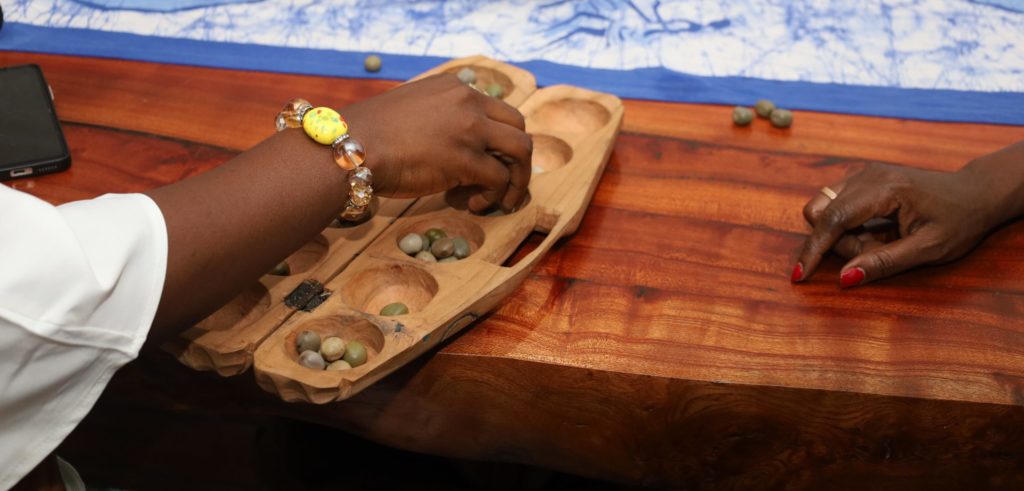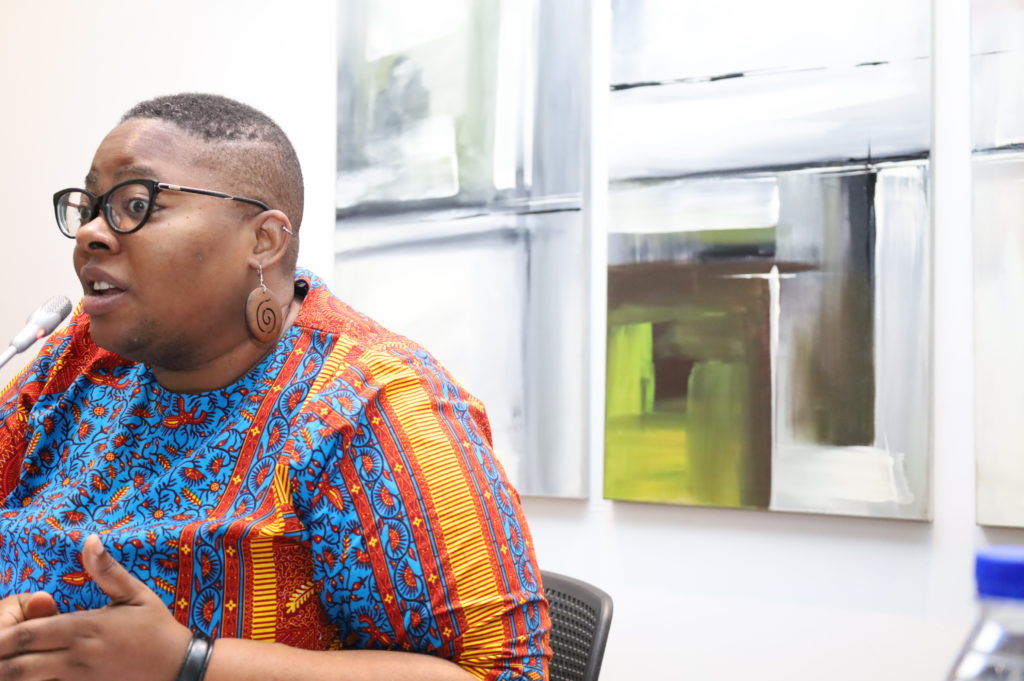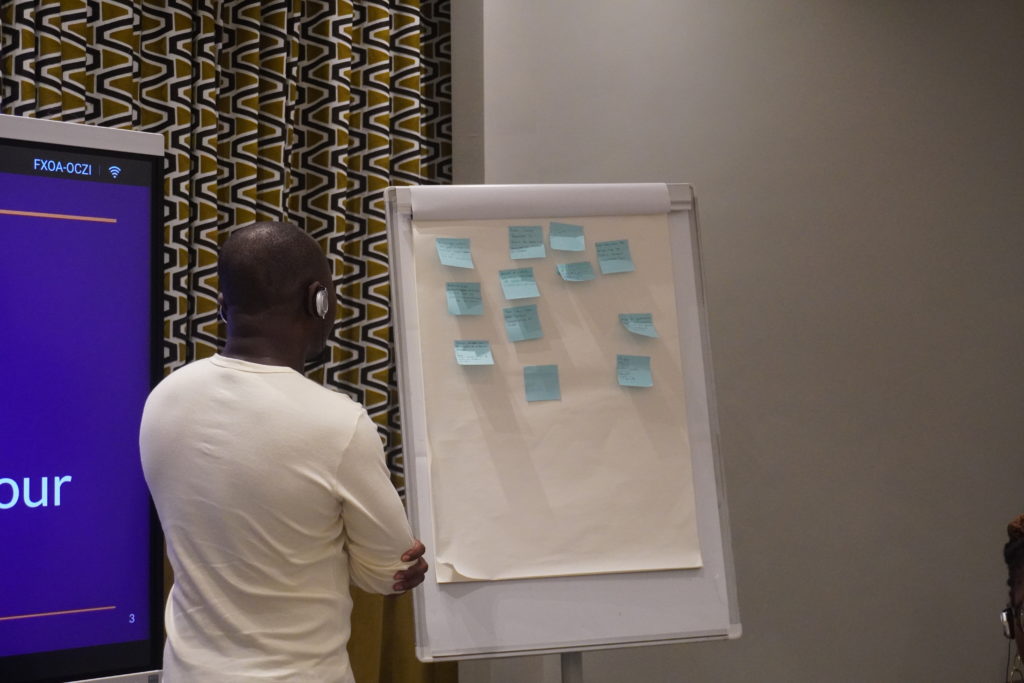
By Caroline KOUASSIAMAN
A little over 5 years ago, in May 2019, this article was written by Caroline Kouassiaman, and published in the Alliance Magazine to commemorate IDAHOT. However, the article remains contextual and the realities it depicts about the funding of LGBTQI organizations in West Africa are still relevant.
For the opening of our 7th grant cycle, we have updated the reflections in this piece, so that they serve as a basis for discussion, imagination and approach for organizations applying for ISDAO funding when they are asked to list the needs of communities in the proposals they submit. This article is also a philanthropic advocacy tool, inviting other funders to "really facilitate spaces and opportunities for LGBTQI-led activist groups and organizations to think expansively, strategize, and work to create different realities."
For me, providing core and flexible funding to LGBTQI-led groups and organizations is critical to this vision. This means centering LGBTQI-led groups and organizations, not projects that have LGBTQI communities as beneficiaries but whose organizations are not led by our communities. As the 2016 We Exist report highlighted, much of the limited funding that is available and accessible to organizations in West Africa has historically focused on HIV education and service delivery, with some funding for human rights advocacy. In contrast, activists across nine West African countries stated that their top priorities were safety and security, homelessness, poverty, family rejection, and discrimination.
We recently met with a group of dynamic LGBTQ young people in Cote d’Ivoire, who had submitted a proposal on human rights education for police and local leaders. When we asked about the biggest challenge faced by community members, without hesitation, the leaders said, ‘family rejection’ and went on to describe its impact on not having a place to live, economic insecurity, isolation, and safety and security risks. When asked why they had not developed a proposal around this, knowing that ISDAO’s grants are flexible and are meant to respond to the communities’ priorities, it was clear that the idea of developing a project around responding to – and preventing – family rejection had not even been considered as part of the realm of possibilities!
As funders, we need to ask ourselves if and how we are facilitating spaces and opportunities for LGBTQI-led activist groups and organizations to think expansively, strategize, and work towards creating different realities. At ISDAO, we aim to shift how funding decisions around LGBTQI organizing in West Africa are being made and thus have joined a growing community of participatory grantmakers. The activists on the ISDAO Activist Grantmaking Panel are not just being consulted or serving as advisors – they are decision-makers.
For our inaugural cycle, this panel approved 28 grants in seven countries, addressing several obvious gaps in access to funding. Half of the grantee organizations are led by LBQ women and/or transgender and intersex people. For around one in five of the groups we have visited so far on this trip, ISDAO will be their first institutional funder. Around 50% of the total grant will go to French-speaking countries, which are woefully under-resourced, as the Global Philanthropy Project points out in its 2015-2016 Global Resources Report. ISDAO's first round of funding also responds to organizing taking place in a variety of contexts, including rural areas and outside capital cities. The commitment of activists who understand the realities and gaps of the movement has definitely enabled ISDAO to support groups that are doing important work but have struggled to access funding.
Worldwide, IDAHOT is a powerful day of resistance, visibility, and recognition for the LGBTQI community, and it acts as a reminder for us, as funders, about the need for our sustained, long-term support of the activists and the organizing that helps propel change. This year’s IDAHOT (fun fact: in French, IDAHOT sounds a lot like ISDAO), I’ll be following our partners’ events on Twitter and Facebook. After all, our missions and names are pretty similar.
Our 7th regional call for proposals is now open until October 31, 2024.
To find out more and submit your application, visit the call for proposals page by clicking here.

